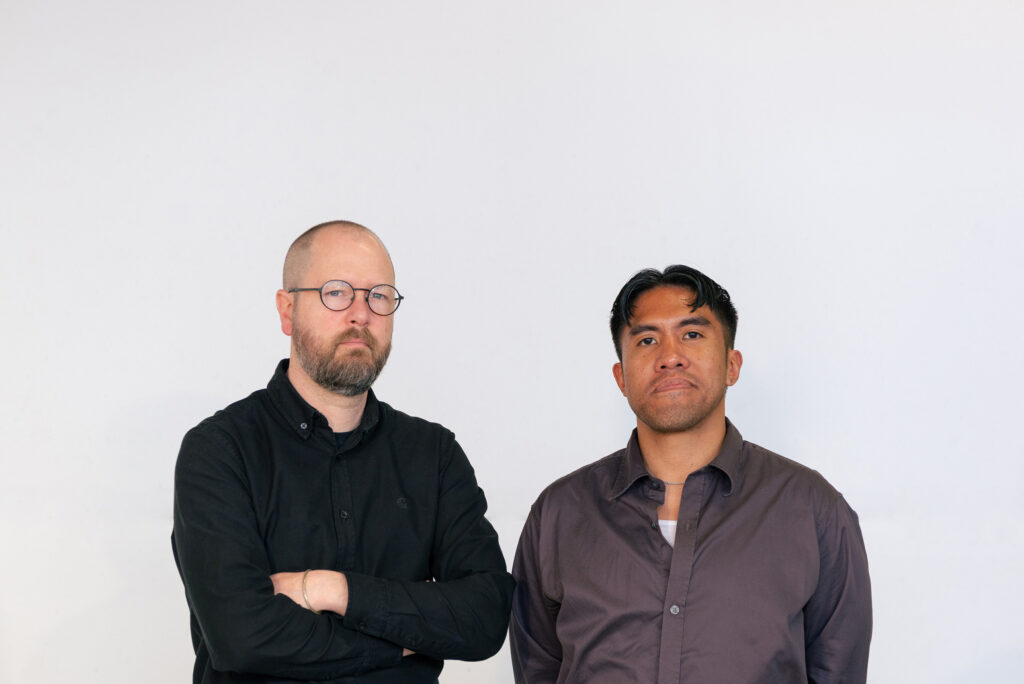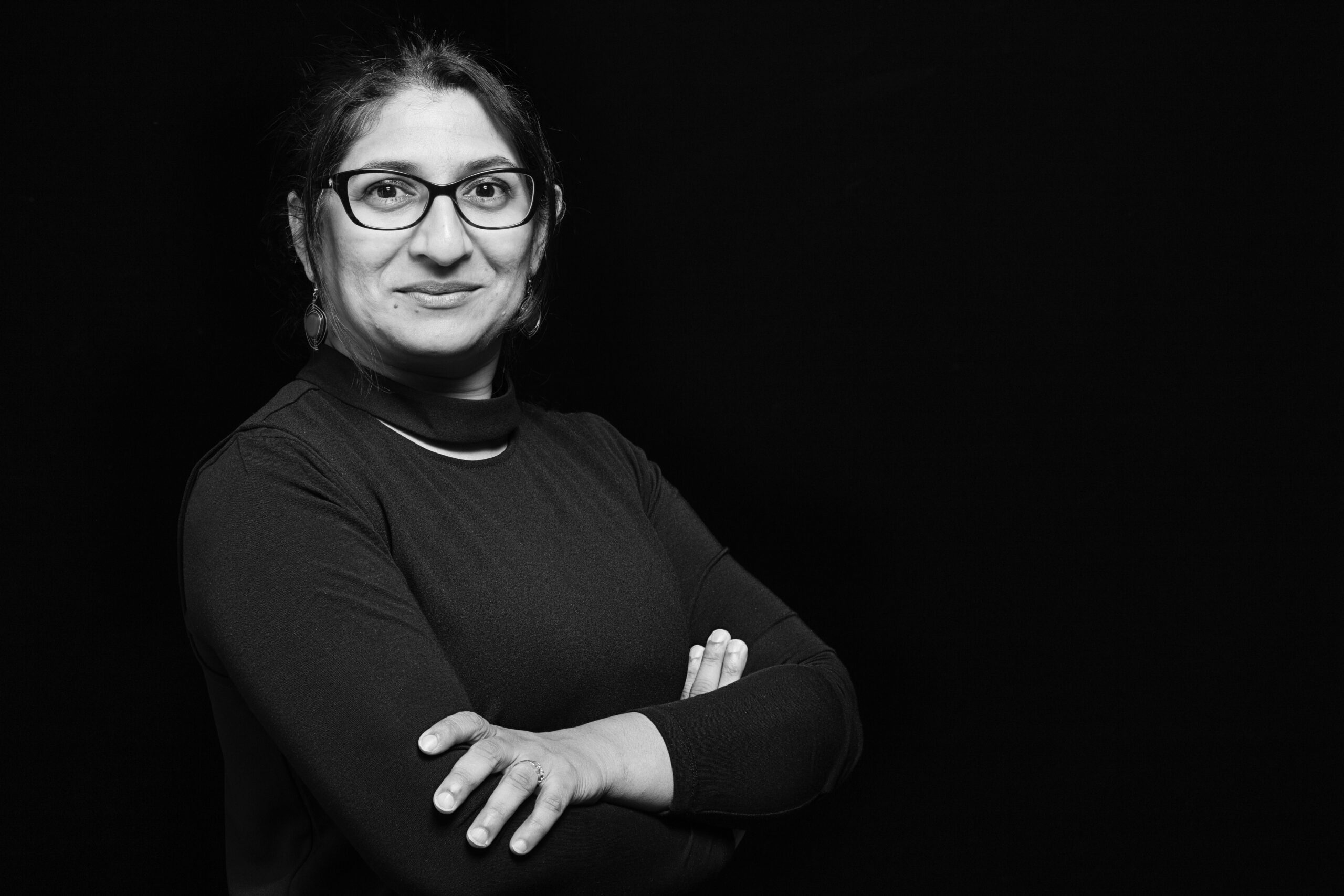
Whitney Kraus, B.S. Arch ’05, Bridges the Gap Between Designers and Developers
As University of Michigan football coach Jim Harbaugh says, “Winning as a team is better than anything.”
It’s a principle that holds true in Whitney Kraus’ planning and design director role at Compass Development Marketing Group, where she serves as a liaison between sales and development, translating sales data into design strategies.
“My favorite projects are not necessarily the most beautiful ones, but the ones with the best teams. Everything we do is so collaborative — it’s the developers, the architects, the designers, the contractors. There are so many people involved in getting a big building done,” Kraus says. “When we work together, it’s to everybody’s benefit.”
Kraus’ team is often part of a project from the time a developer purchases a site. They collaborate with the developer on zoning issues, data analysis of the market, and unit mix. From there, they’ll work closely with architects and interior designers on floor plans, finishes, and amenities.
Brokers and data analysts understand the market for a particular site. Architects and interior designers have the skill to build something beautiful and functional. Kraus’ job is to bridge the gap between those areas of expertise and help assemble the puzzle pieces into an architecturally sound project that will serve the area’s population and generate profit.
“The advice you would give someone for a project in midtown Manhattan is very different from what we would give them in Fort Lauderdale, Florida, or Austin, Texas. It’s very location-specific, and market-specific. Buyer profiles help us get an idea of who we think will live there,” says Kraus.
With that information in hand, it becomes a design problem. The team wants to fit a certain number of units on a parcel of land a certain size and have those units sell well. In an iterative process, Kraus’ team at Compass works with architects, focusing on factors that will be pivotal to how the project performs in the end, such as views from units, available outdoor and amenity space, and wellness considerations like air and water filtration.
“I like seeing the buildings go up and seeing how they hit the market,” says Kraus. “And then once people start moving in, hearing what they like or don’t like; it’s a fair amount of both. There’s an understanding that what we’ve been working on for so long is actually going to be real and is someone’s home. That’s why we spend so much time discussing how people live and what they want. It’s more than just checking boxes. It’s understanding that people and families will be living there.”
Her focus on people and relationships also drives Kraus in her engagement with Taubman College. As a donor and Alumni Council member, it’s important to her that current students know they have the support of a vast network of Taubman College alumni.
“I love doing things like portfolio workshops with thestudents and speed networking, getting to engage with the students and hear what they’re up to and what
they’re interested in,” she says.
Kraus also hopes the variety of careers and career paths represented on the Taubman College Alumni Council serves as an example to students that Taubman College is preparing them for whatever future lies ahead.
“My takeaway from a lot of the networking events is to calm students down,” she says. “I remember feeling this too when I was younger, that there’s one perfect trajectory and one path that will lead you to the right place. I tell them not to worry so much about that, things tend to fall into place, and you might try a few different things. I would have benefited from someone saying something like that to me when I was a student.”
“What the Alumni Council and the alumni body in general show students is that there isn’t one set path based on their degree program. For an architecture student, the only option isn’t going to work in an architecture firm. There are so many paths where you can use your education. I hope that comes across in everything the Alumni Council is doing. Taubman College teaches a way of thinking that applies to anything you may want to do.”
Portico: Fall 2023
- Patricia Gruits, B.S. Arch ’04, M.Arch ’06, is Doing More with Purpose-Driven Architecture
- Whitney Kraus, B.S. Arch ’05, Bridges the Gap Between Designers and Developers
- Rich von Luhrte, B.Arch ’68, Funds Scholarships to Continue His Legacy of Addressing Climate Change
- Dillon Erb, M.Arch ’14, and Daniel Kobran, M.Arch ’14, Explore the Benefits of Paperspace’s Acquisition by DigitalOcean
- From Michigan to Ghana to Michigan: Architecture as Culture, Collaboration, and Community
- Celebrating Twenty-Five Years as Taubman College
- Help Taubman College Build Tomorrow: Martin Rodriguez Jr.’s Story









